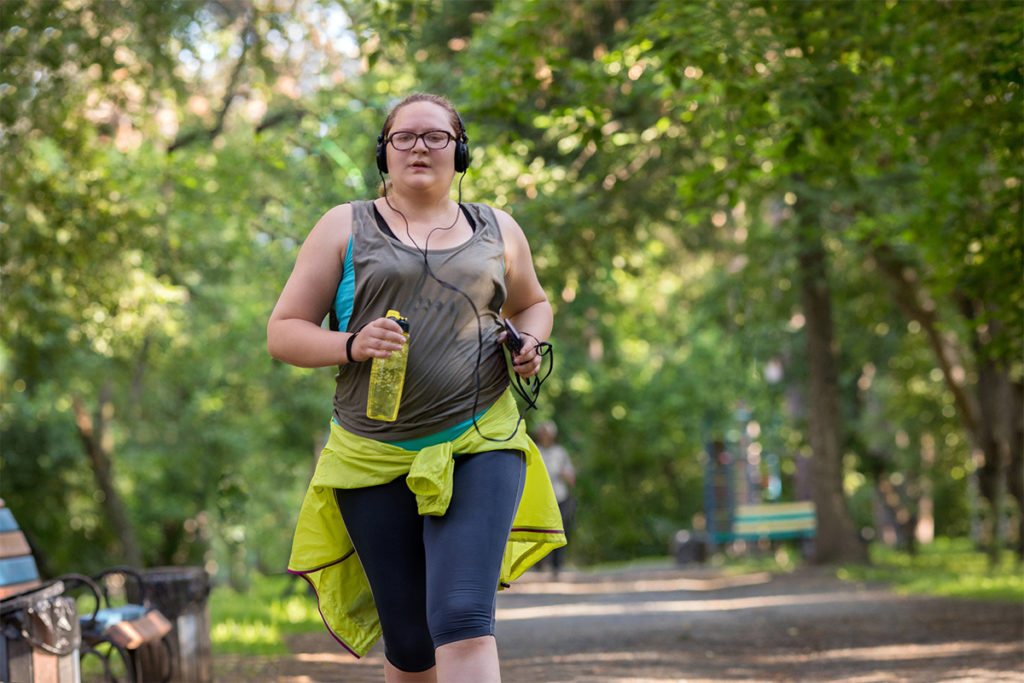From Drab to Fab: Giving Veggies Snazzy Names Increases Consumption in Adults

Vegetable consumption is notoriously low: Just 13% of adults and about 5% of children eat the recommended servings of vegetables per day. Studies have pointed to one way to get kids to eat more veggies: giving vegetables cool names like “x-ray vision carrots” and “power punch broccoli.” A study published by JAMA Internal Medicine in June found that the tactic was equally effective in adults when vegetables were given “indulgent” descriptions such as “dynamite chili and tangy lime-seasoned beets” or “sweet sizzlin’ green beans and crispy shallots.”
In this study, a large university cafeteria participated in a 46-day experiment in which researchers randomly labeled one vegetable per day with one of four types of labels: basic (e.g., “zucchini”), healthy restrictive (e.g., “lighter-choice zucchini”), healthy positive (e.g., “nutritious green zucchini”) or indulgent (e.g., “slow-roasted caramelized zucchini bites”). The actual vegetable was identical; only the descriptors changed.
Each day, researchers recorded the number of people who selected the vegetable and weighed the mass of the vegetable taken. A significantly larger number of diners chose the indulgently labeled vegetables—and ate more of them.
Interestingly, the vegetables promoted for their healthiness were rejected as often as those with dull descriptions. This may have been at least in part because healthy foods were perceived to be less tasty.
Natalie Digate Muth, MD, MPH, RD
"Natalie Digate Muth, MD, MPH, RDN, FAAP, is a board-certified pediatrician and obesity medicine physician, registered dietitian and health coach. She practices general pediatrics with a focus on healthy family routines, nutrition, physical activity and behavior change in North County, San Diego. She also serves as the senior advisor for healthcare solutions at the American Council on Exercise. Natalie is the author of five books and is committed to helping every child and family thrive. She is a strong advocate for systems and communities that support prevention and wellness across the lifespan, beginning at 9 months of age."






